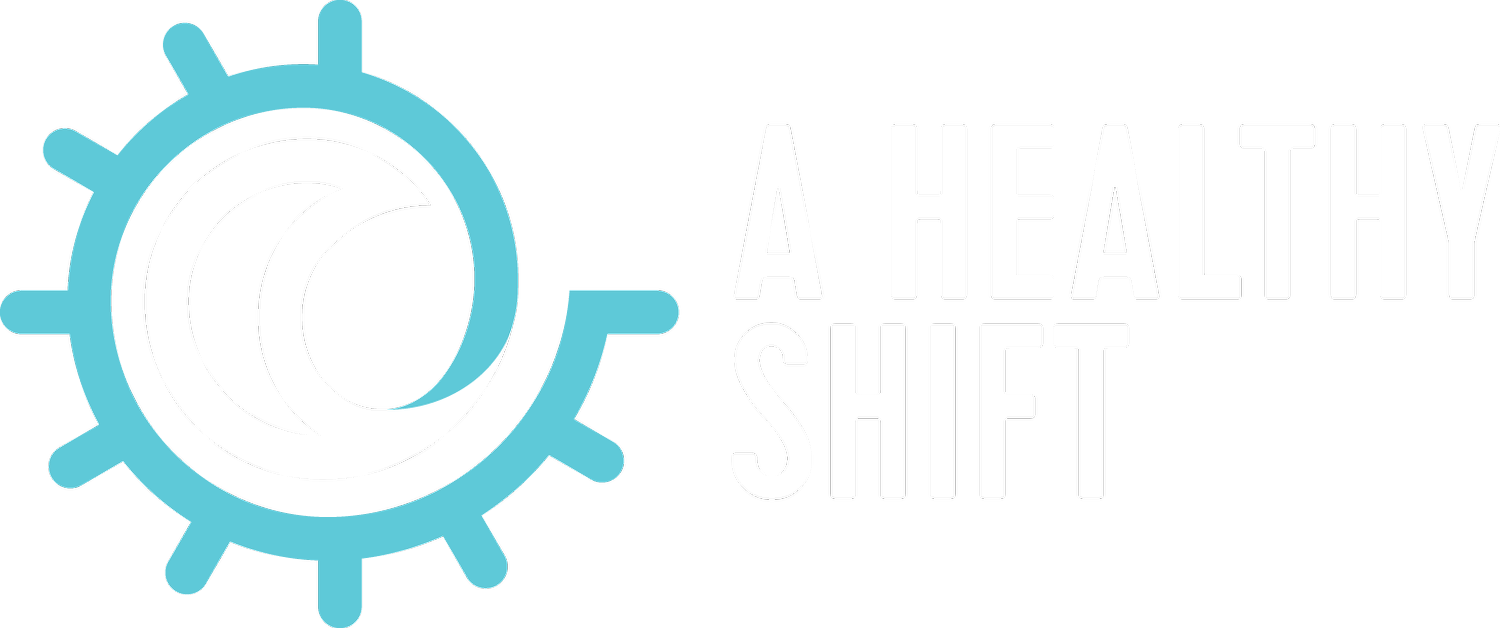Discipline Is Not Leadership
Using discipline as a performance tool in policing and emergency services destroys trust, increases burnout, and drives staff out. Here’s why it must stop.
The Cost of Silence in Policing: How Speaking Up Ends Careers
Silence in policing drives burnout, trauma and early exits. A veteran officer explains how speaking up ends careers and why the culture must change.
Policing Didn’t Break Them. It Let Them Down
Officers leave not because they stopped caring but because the system stopped supporting them. Explore the real causes of police burnout and discover ways veterans can reclaim wellbeing and connection.
Cannabis and Sleep for Shift Workers: Does Marijuana Affect Sleep?
Shift workers often struggle with sleep, but can cannabis help? Discover how marijuana affects REM sleep, deep sleep, and overall rest, and what shift workers need to know before using it for better sleep.
The Hidden Cost of Night Shift: Why Circadian Misalignment Raises Breast Cancer Risk
Working nights raises breast cancer risk, especially for women with long-term or frequent night shifts. Learn how circadian misalignment, reduced melatonin, and hormone changes increase risk and what shift workers can do to protect their health.
A Small Snack With Big Benefits for Shift Workers (Especially Women)
Nuts are the ideal snack for shift workers. Easy, healthy, and backed by research. Plus, new evidence shows benefits for PMS symptoms in women.
Understanding the Glycemic Index: A Shift Worker’s Guide to Nutrition
Discover the importance of the Glycemic Index for shift workers. Learn how high and low GI foods affect energy levels and health, with practical tips for meal planning
Top Staples for Shift Workers: Fridge, Freezer, and Pantry Essentials for Quick and Nutritious Meals
Stock your fridge, freezer, and pantry with essential ingredients for shift workers. Discover easy-to-make, nutritious meals that keep you energized and focused, no matter the schedule.
Optimising Your Sleep Environment: A Shift Worker’s Guide to Better Rest
Struggling with sleep on night shifts? Discover how to optimize your sleep environment for better rest. Learn how factors like temperature, noise, light, bedding, and air quality can improve your sleep and help you wake up refreshed, even after a demanding shift.
Managing Stress for Shift Workers in Frontline Health and Emergency Services
Learn essential strategies to manage and reduce stress as a frontline shift worker. Discover practical self-care tips, recognise signs of chronic stress, and access resources to support your mental health and resilience on the job.
The Benefits of Low GI Foods for Shift Workers on Night Shift
For shift workers, particularly those working the night shift, managing blood sugar levels can be a challenge. The irregular hours disrupted circadian rhythms, and fatigue often lead to unhealthy eating habits, including cravings for quick, energy-dense foods that provide instant gratification.
It's Easier to Say No, Than It Is to Stop: A Shift Worker’s Guide to Resisting Breakroom Temptations
Struggling with breakroom temptations? Discover effective strategies for shift workers to resist sugary snacks and stay healthy. Learn how to stay energised, improve focus, and stick to your health goals with our practical tips and personalised coaching. Say 'no' to less than nutritious food and 'yes' to better well-being!
Understanding Intuitive Eating: A Shift Worker's Guide to Building a Positive Relationship with Food
When you hear the term “Intuitive Eating,” you might think it’s a modern trend, but it’s actually been around since 1995. Developed by dietitians Evelyn Tribole and Elyse Resch, intuitive eating (IE) is about getting back to the basics – listening to your body’s internal hunger and satiety cues rather than letting external influences like emotions, stress, or societal pressures guide your eating.
Melatonin: Timing, Dosage, and Strategies for Better Sleep in Shift Work
Unlock better sleep with melatonin! Learn the science behind its timing and dosage, practical tips for shift workers, and strategies to optimise your sleep and energy levels.
Step Into the Light: How Infrared Therapy May Just Revolutionise Shift Worker Health
Discover how infrared light therapy can transform shift worker health by boosting energy, improving sleep, reducing aches, and supporting recovery. Learn the science behind it and practical tips to incorporate it into your routine.
Understanding the Two Sides of Your Autonomic Nervous System: A Survival Guide for Shift Workers and First Responders
Discover how chronic stress impacts your health as a shift worker or first responder. Learn practical strategies to activate your parasympathetic nervous system, reduce burnout, and thrive in your demanding role.
The Hidden Dangers of Nicotine for Night Shift Workers: Cognitive Impacts You Need to Know
In the demanding world of night shift work, it's no surprise that some workers turn to substances like nicotine to stay alert. While nicotine might offer a short-lived boost in cognitive function, its long-term effects pose significant health risks. This blog unpacks the history, effects, and dangers of nicotine use, particularly for shift workers, and explores safer alternatives for maintaining mental sharpness.
Why Hydration Matters More for Shift Workers
Hydration is crucial for shift workers, helping manage hunger, fatigue, and focus. Discover the impact of dehydration, plus easy strategies and an electrolyte recipe to stay hydrated on shift.
Mastering Your Body Clock: The Key to Better Health and Shift Work Success
Discover the power of light exposure in regulating your body clock. Learn how aligning with your circadian rhythm can improve sleep, digestion, mental focus, and overall health.
Help! I Can’t Stop These Cravings: How to Manage Cravings on Shift Work
Help! I Can’t Stop These Cravings
Does this sound familiar? You’re halfway through a long shift, maybe it's an afternoon stretch or late into the night, and all you can think about is devouring that sugary snack or fast food. Cravings can be one of the biggest challenges for shift workers. They hit hard, seemingly out of nowhere, and resisting them can feel like an impossible task. But why do these cravings happen? And more importantly, what can you do about them?





















